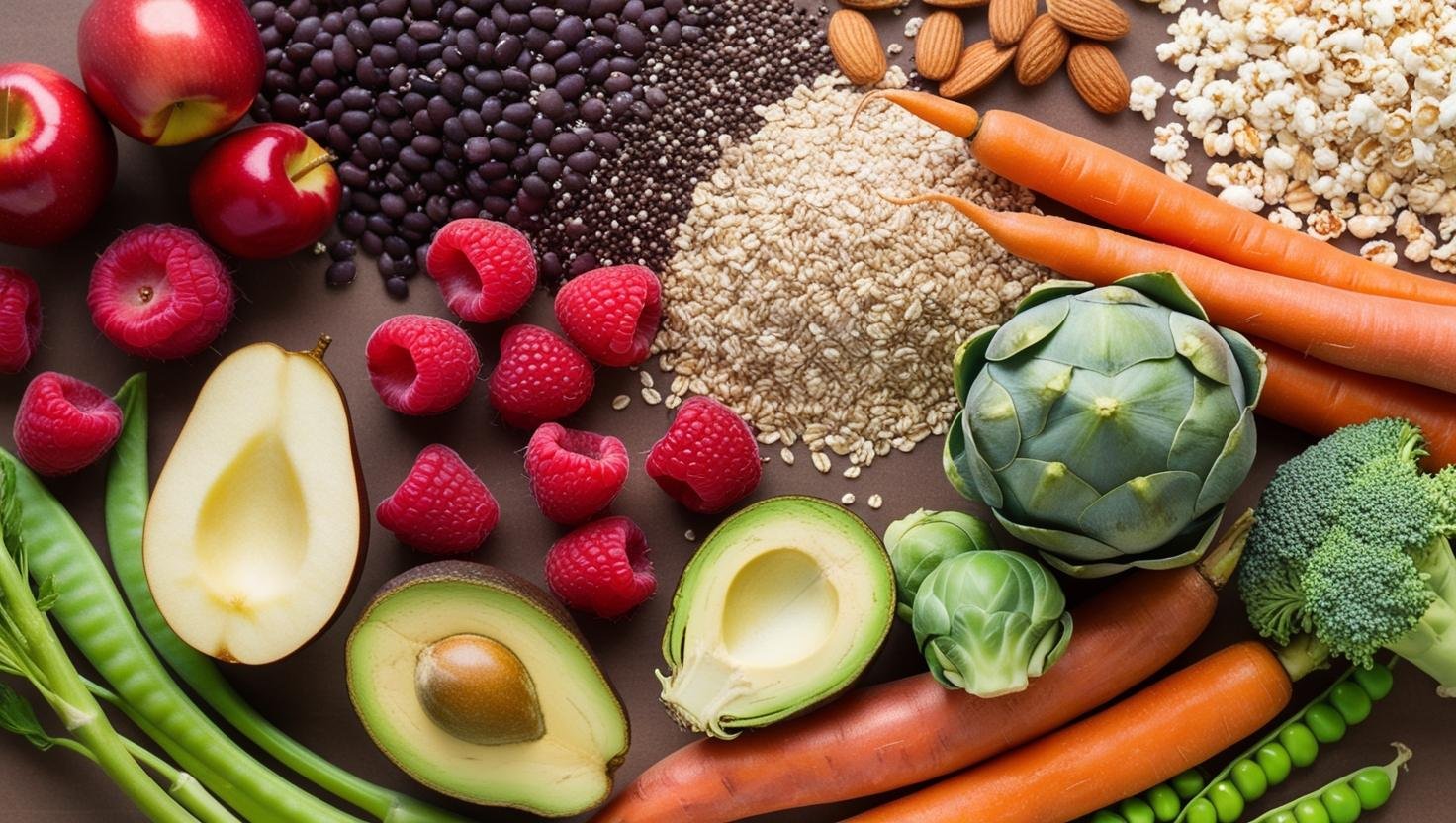20 Fiber Diet Foods: Your Guide to Healthier Eating
Table of Contents
Fiber is fundamental for a sound eating routine, assisting with digestion, weight management, and even preventing chronic illnesses. In this guide, we’ll explore delicious, high-fiber diet foods you can add to your daily meals to enjoy these benefits.
What Are Fiber Diet Foods?
Fiber diet foods include both soluble and insoluble fiber, which play essential roles in various bodily functions like digestion, gut health, and maintaining stable blood sugar levels. Foods rich in dietary fiber, particularly plant-based options, offer numerous advantages, making a balanced diet not just easy but also enjoyable.
Why Is Fiber Important?
Fiber plays a vital role in digestive health by promoting regular bowel movements and moving food through the gastrointestinal tract, helping to prevent constipation. It also aids in maintaining healthy cholesterol levels, stabilizing blood sugar, and promoting a sensation of fullness, which is beneficial for weight control.
Natural Ingredients for a Fiber Diet Foods
One of the best ways to get fiber is from whole, natural ingredients. Here’s a list of high-fiber foods that provide not only fiber but also essential nutrients, minerals, and antioxidants.
| Food | Fiber Content (approx.) | Primary Health Benefits | Source for Further Reading |
|---|---|---|---|
| Lentils | 15.6g per cup | Protein-rich, supports iron and folate intake, digestive aid | Healthline on Lentils |
| Chickpeas | 12.5g per cup | Helps with weight management, controls blood sugar, supports heart health | Cleveland Clinic |
| Black Beans | 15g per cup | Reduces cholesterol, supports heart health, stabilizes blood sugar | Harvard Health |
| Apples | 4.8g medium apple | Helps with weight loss, promotes heart health, supports gut health | USDA |
| Raspberries | 8.0g per cup | High in antioxidants, supports immune health | Harvard Health |
| Oats | 4.0g per cup | Lowers cholesterol, supports heart health, regulates blood sugar levels | Mayo Clinic |
| Chia Seeds | 4.1g per tablespoon | Supports heart health, regulates blood sugar, aids digestion | Harvard Health |
| Quinoa | 5.0g per cup | High in antioxidants, it supports immune health | Mayo Clinic |
| Barley | 6.0g per cup | Helps with weight loss, reduces blood pressure, promotes gut health | Mayo Clinic |
| Sweet Potatoes | 6.3g per cup | Rich in vitamins, supports eye health, stabilizes blood sugar | Harvard Health |
| Carrots | 4.8g per cup | Eye health, antioxidant-rich | Harvard Health |
| Avocado | 10g per cup | Contains healthy fats, supports skin health, reduces cholesterol | Harvard Health |
| Brussels Sprouts | 6.4g per cup | High in vitamins, supports the immune system, promotes bone health | Harvard Health |
| Pears | 13.6g per cup | High in vitamins, supports the immune system, promotes bone health | Harvard Health |
| Broccoli | 5.2g per cup | Boosts immune health, may reduce cancer risk, promotes heart health | Harvard Health |
| Flaxseeds | 2.8g per tablespoon | Heart health, hormone balance | Healthline on Flaxseeds |
| Popcorn | 3.5g (air-popped) | High in vitamins, supports the immune system, promotes bone health | Mayo Clinic |
| Almonds | 3.0g per ounce | Boosts heart health, supports brain health, helps with weight management | Harvard T.H. Chan School of Public Health |
| Green Peas | 8.8g per cup | Supports heart health, is high in antioxidants, aids digestion | Harvard Health |
| Artichokes | 9.6g per cup | Digestive aid, high in antioxidants | Harvard Health |
This table provides a quick overview of fiber diet foods content and primary health benefits, plus links for readers interested in more in-depth sources.
* 1 cup= 236.6 ml
1. Lentils
Lentils are among the top wellsprings of fiber, containing around 15.6 grams per cup cooked. They’re additionally loaded with protein, iron, and folate, making them an astounding decision for both fiber and other fundamental supplements.
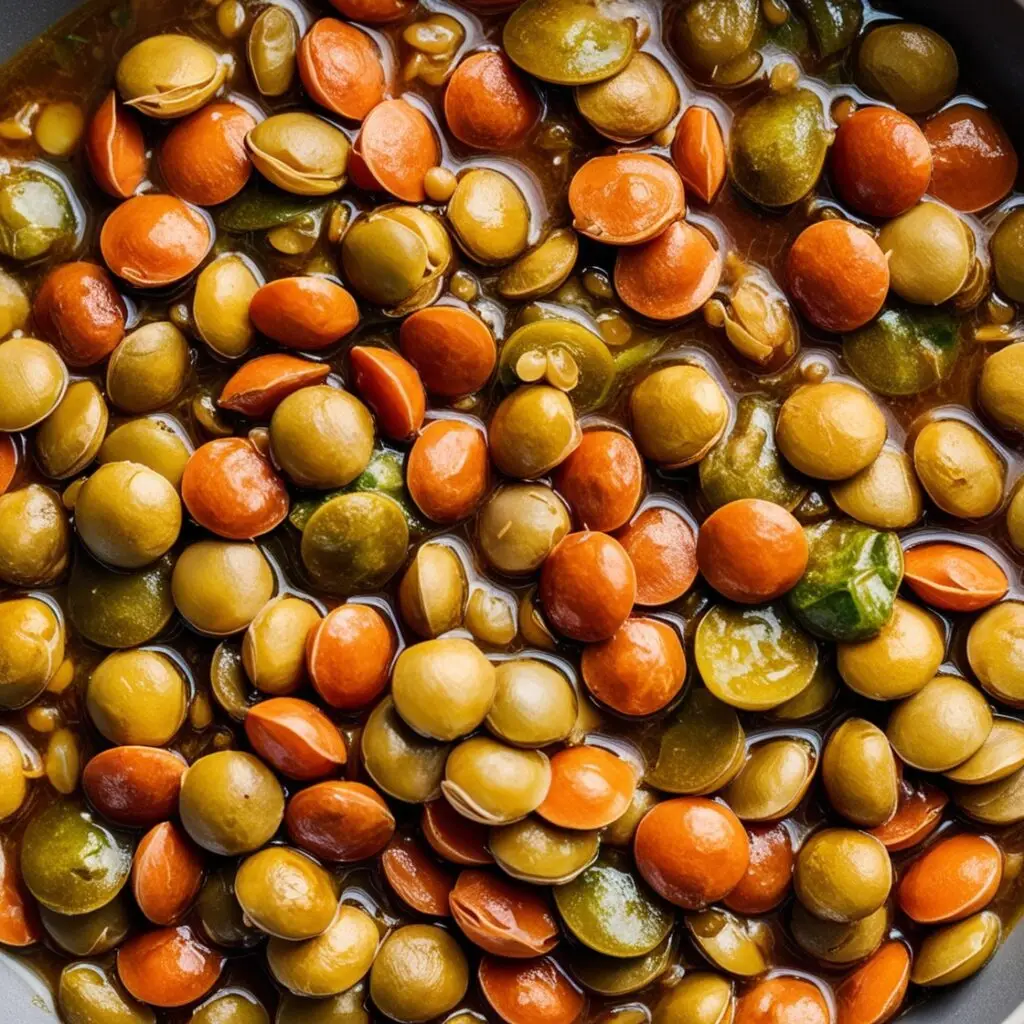
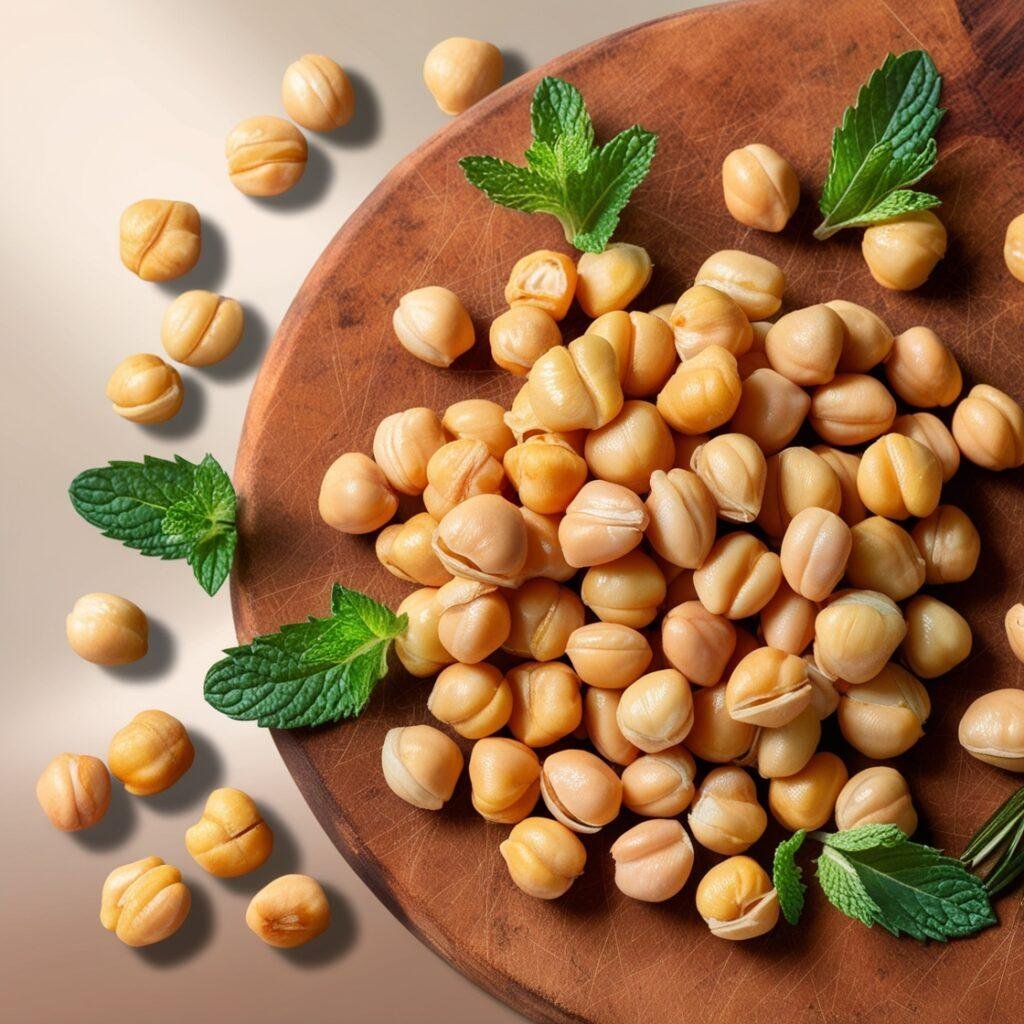
2. Chickpeas
Chickpeas, or garbanzo beans, contain around 12.5 grams of fiber per cup. Their high fiber content backs glucose on the board and further develops absorption.
3. Black Beans
One cup of black beans has roughly 15 grams of fiber. They’re additionally high in protein and cell reinforcements, advancing heart well-being and helping with weight the board.
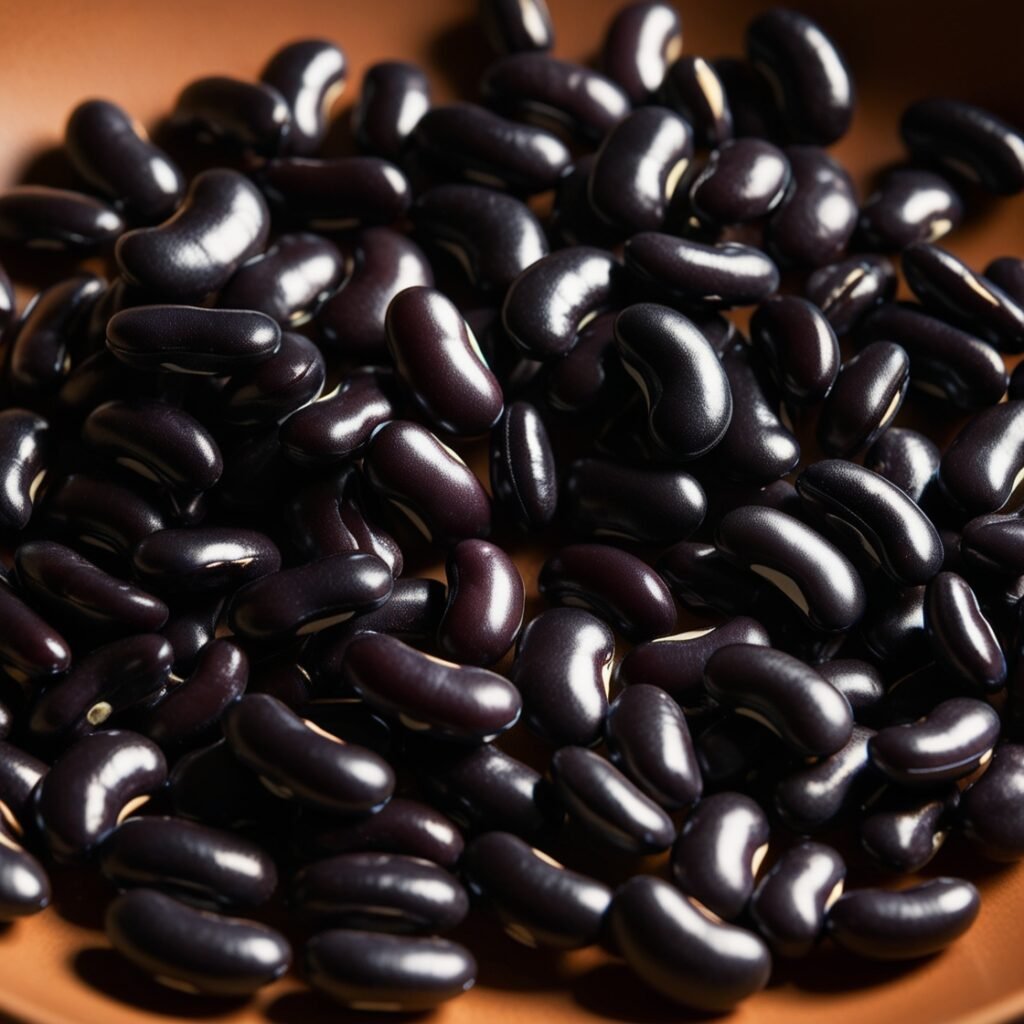
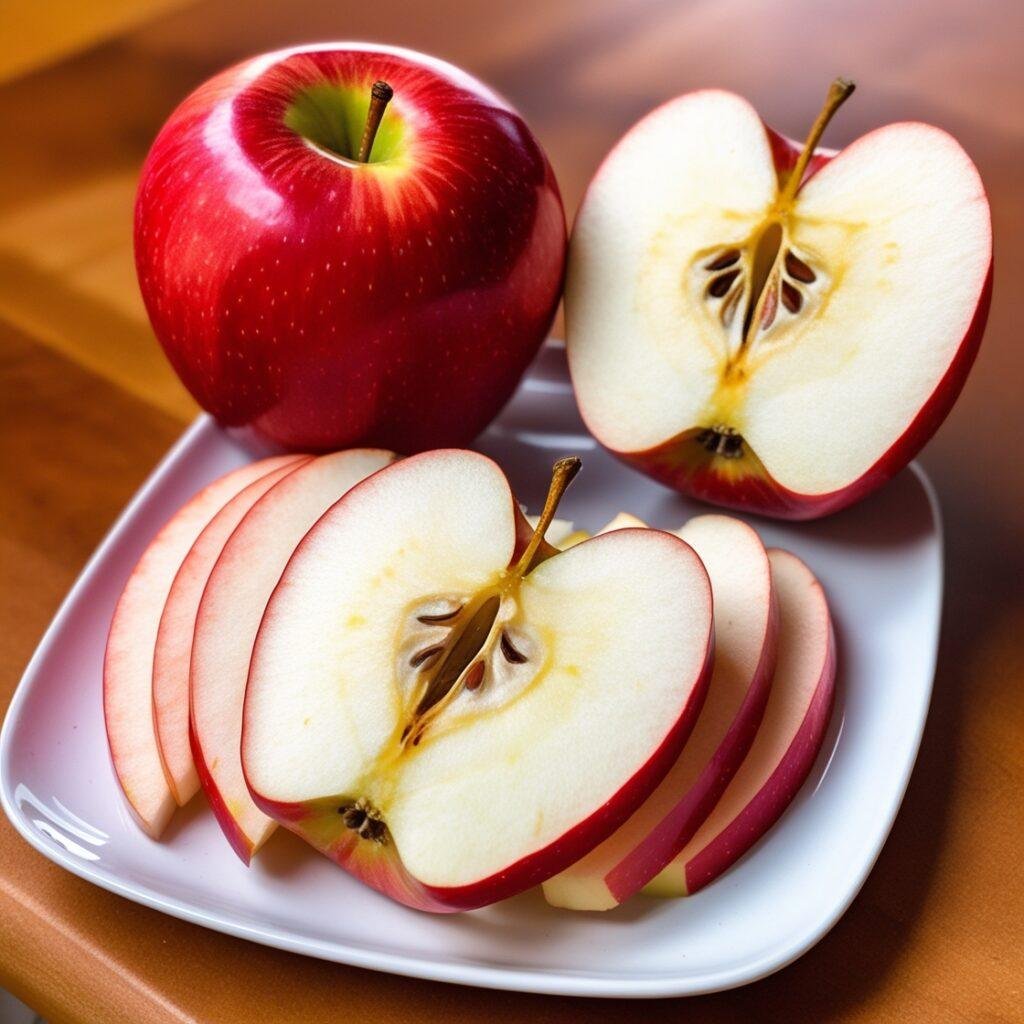
4. Apples
Apples are wealthy in fiber, with around 4.8 grams in a medium-sized apple. The solvent fiber gelatin upholds heart well-being and stomach-related well-being.
5. Raspberries
Raspberries are stacked with dietary fiber, flaunting around 8 grams for each cup. They’re likewise an incredible wellspring of L-ascorbic acid, a cell reinforcement that fortifies the invulnerable framework.

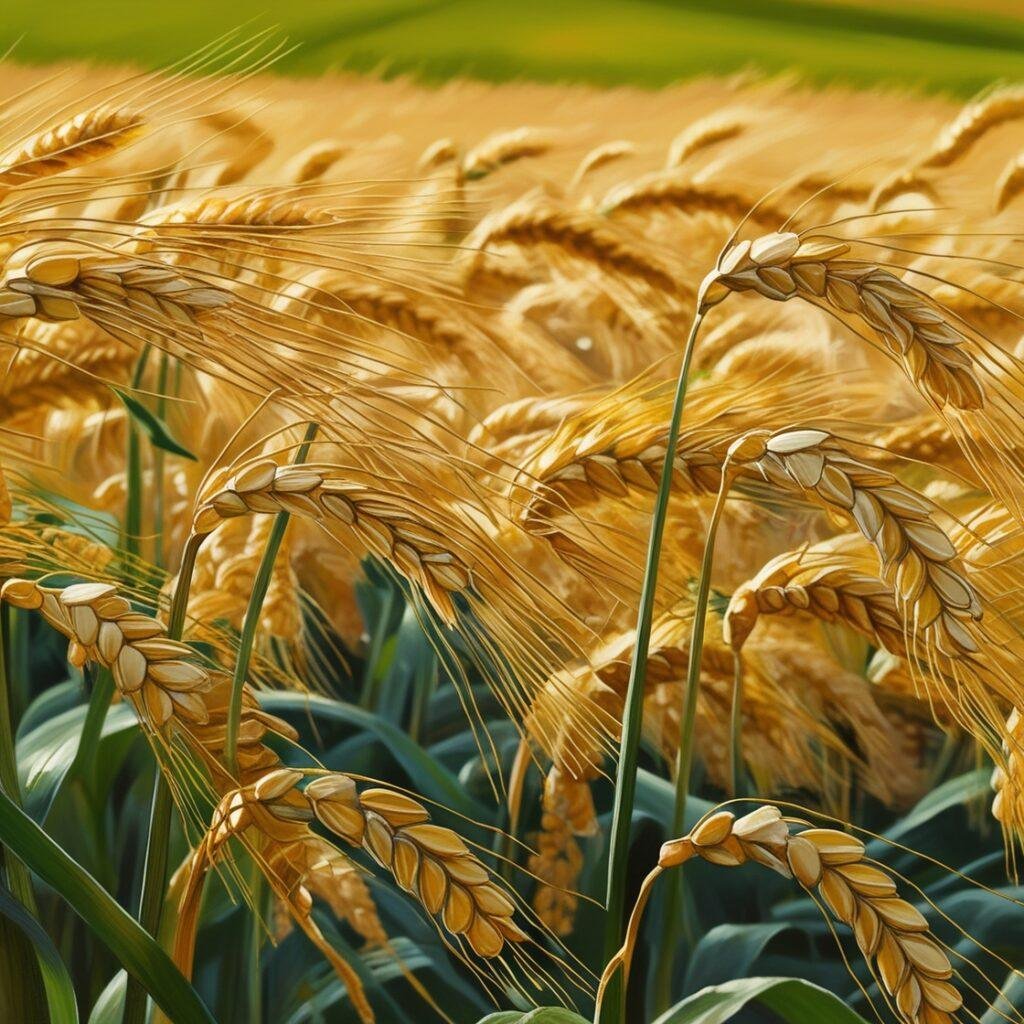
6. Oats
Oats contain a kind of solvent fiber called beta-glucan, which is especially successful in bringing down cholesterol. One cup of oats has around 4 grams of fiber.
7. Chia Seeds
These little seeds offer an amazing 4.1 grams of fiber per tablespoon. They’re likewise rich in omega-3 unsaturated fats, which support heart well-being.
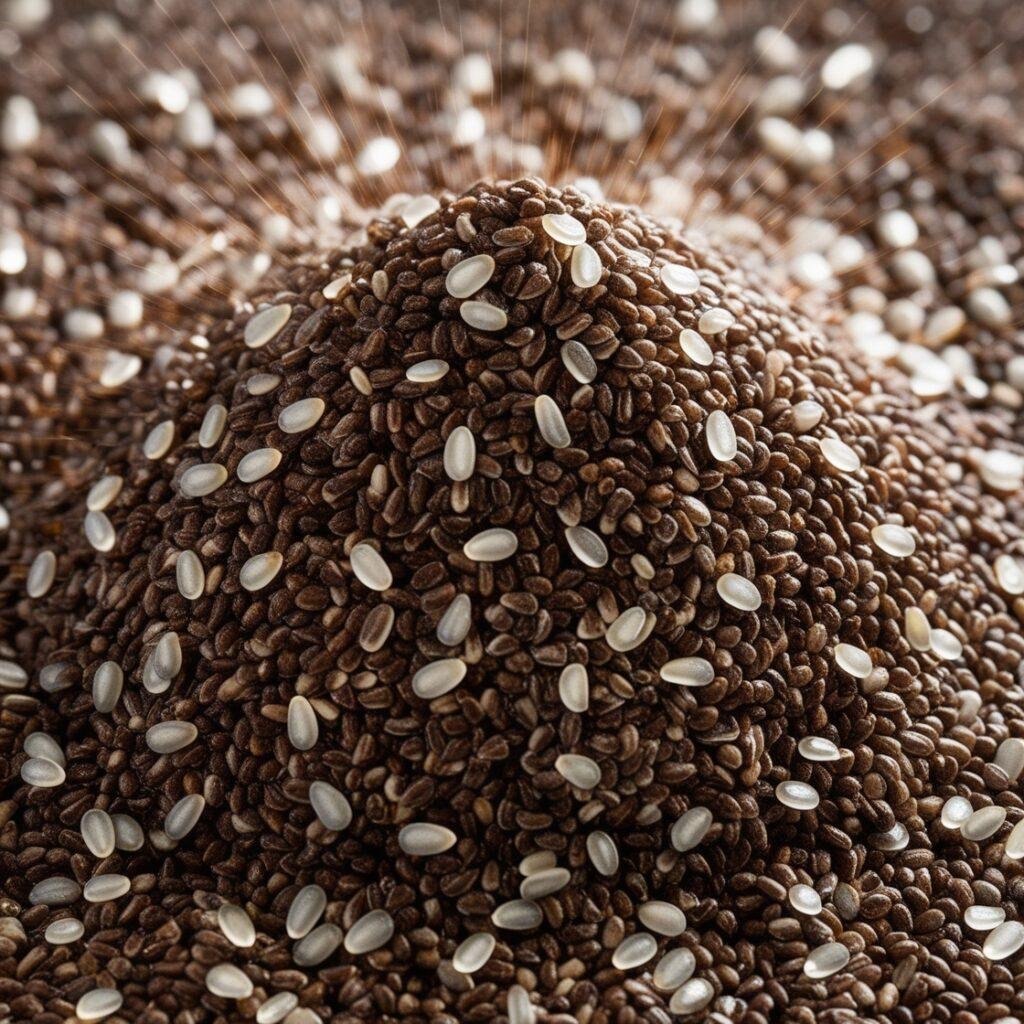

8. Quinoa
Quinoa gives 5 grams of fiber for every cup and is loaded with protein and fundamental amino acids, making it a total protein hotspot for veggie lovers and vegans.
9. Barley
Barley has around 6 grams of fiber for every cup and is known to assist with controlling glucose levels and lowering cholesterol.

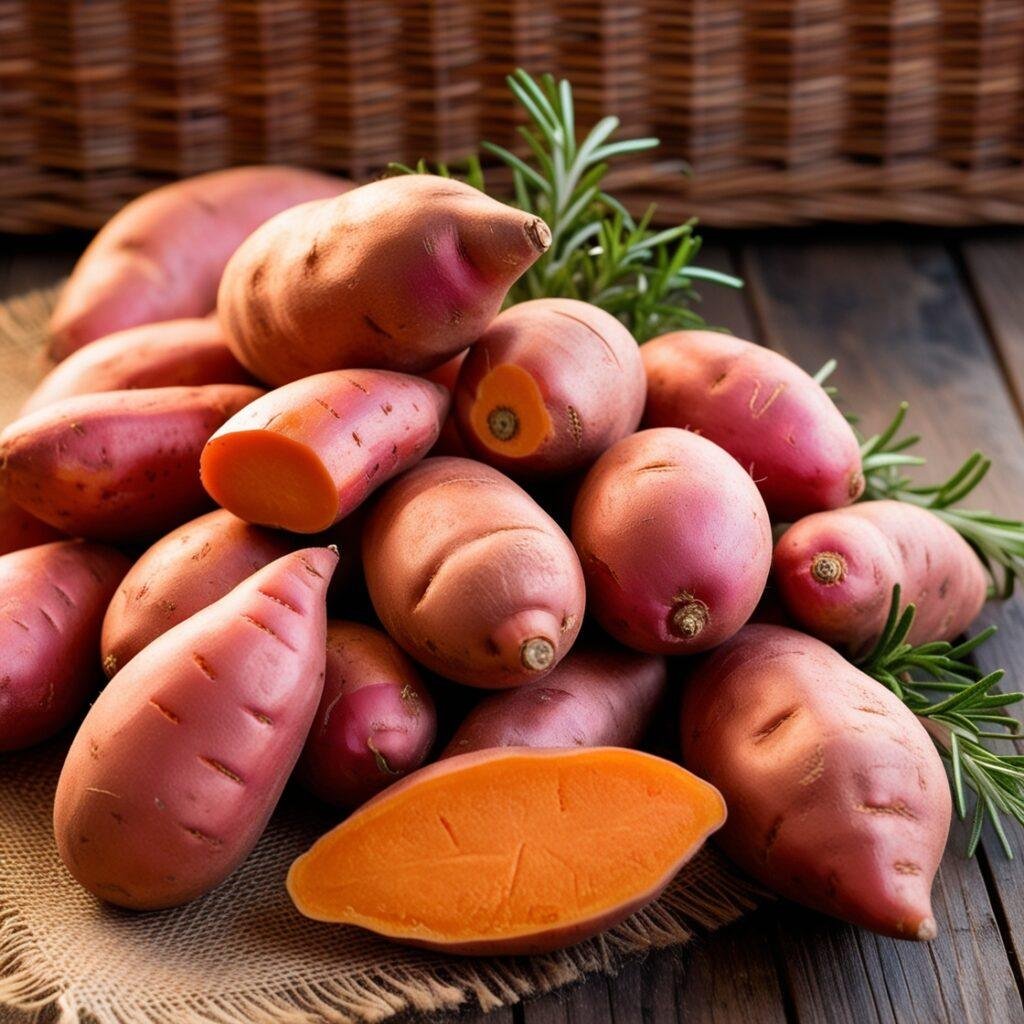
10. Sweet Potatoes
Sweet potatoes contain around 6.3 grams of fiber in per cup potato. They’re likewise an incredible wellspring of beta-carotene, gainful for eye wellbeing.
11. Carrots
Carrots give around 4.8 grams of fiber per cup and are rich in cell reinforcements like beta-carotene, which is known for advancing eye well-being.
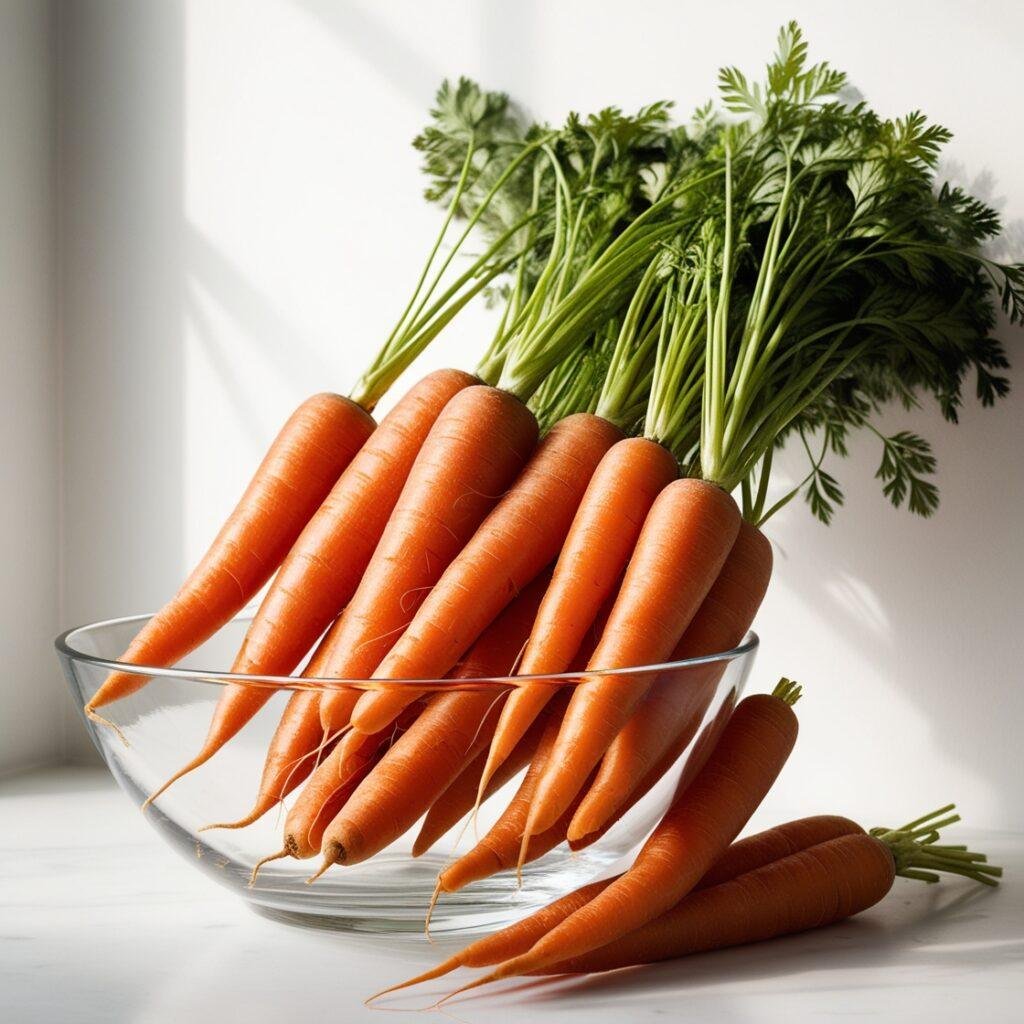
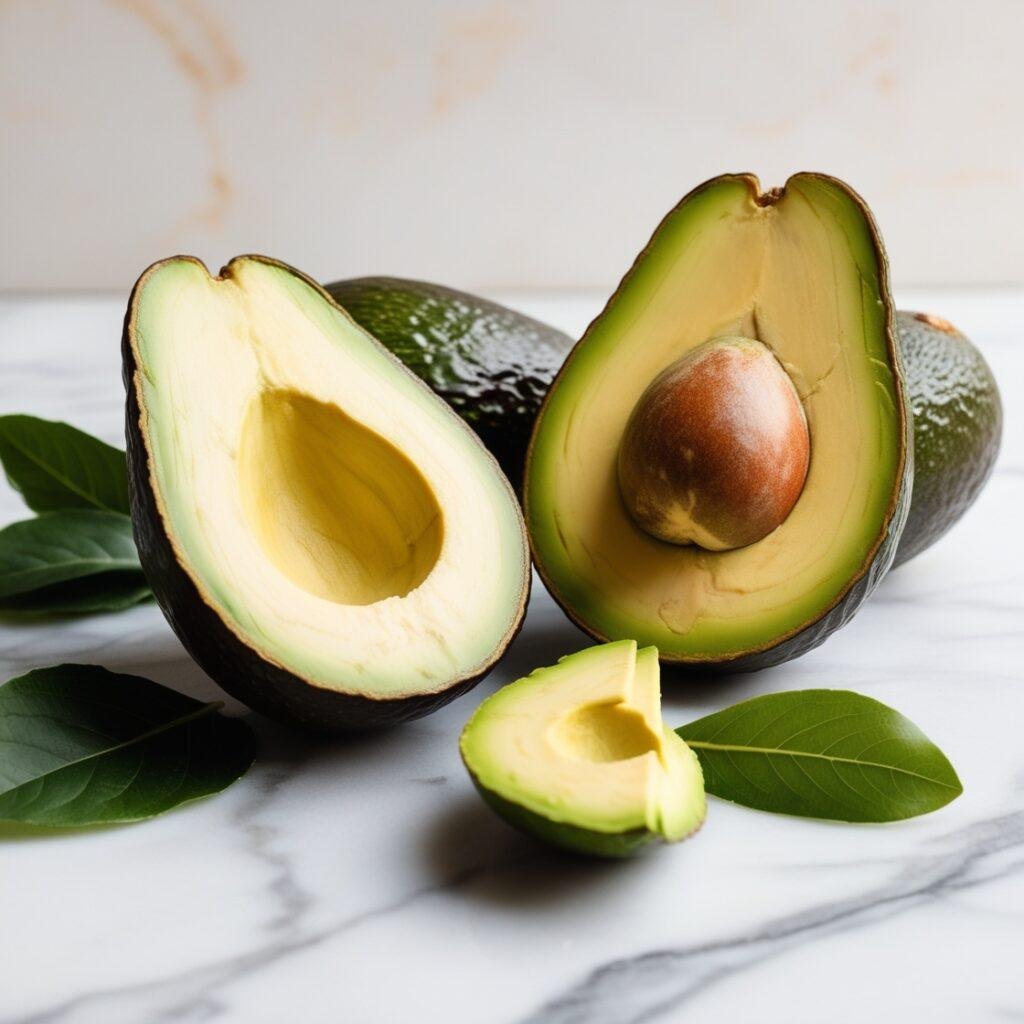
12. Avocados
One avocado can give as much as 10 grams of fiber. They’re additionally loaded with solid monounsaturated fats, which are valuable for heart wellbeing.
13. Brussels Sprouts
Brussels sprouts have around 6.4 grams of fiber in each cup. They’re likewise loaded with cancer prevention agents, which battle irritation in the body.
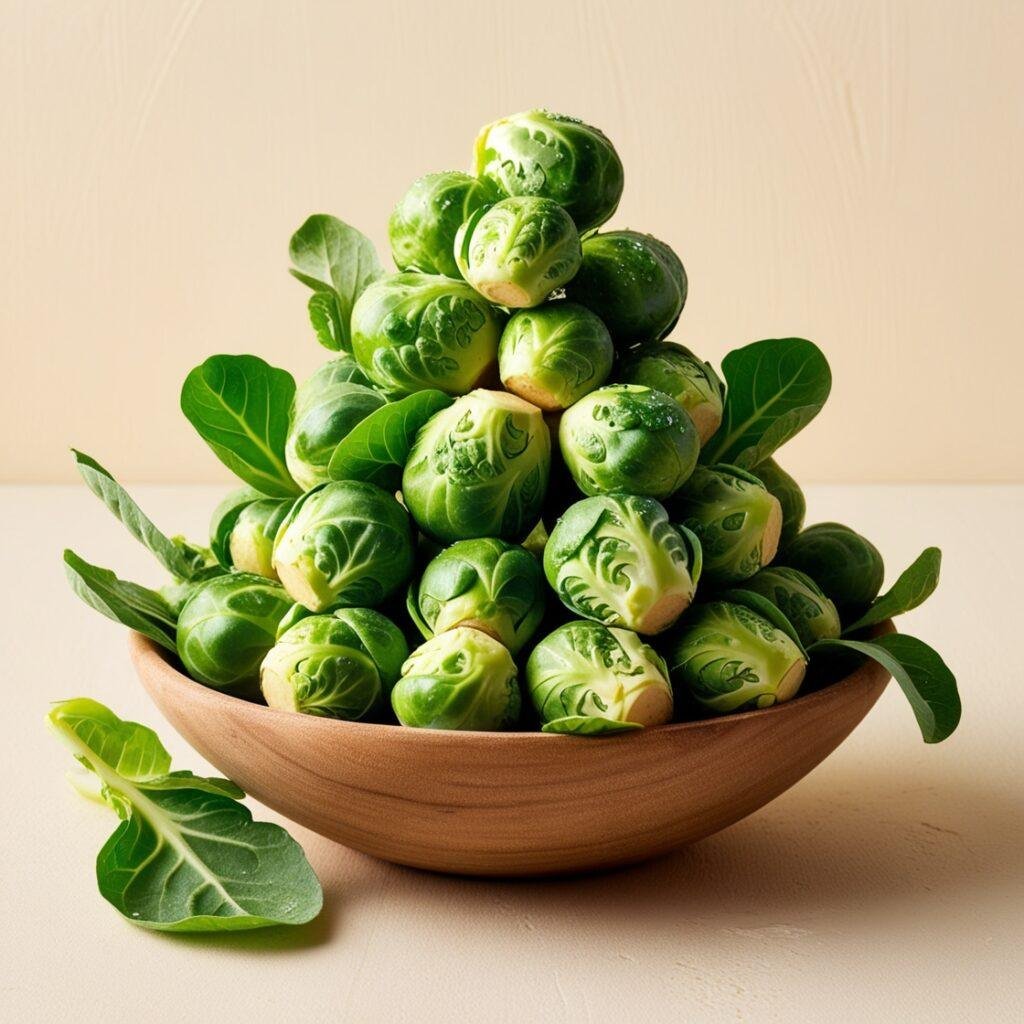

14. Pears
Pears offer roughly 13.6 grams of fiber in per cup of leafy foods a characteristic pleasantness that is ideally suited for nibbling.
15. Broccoli
With around 5.2 grams of fiber for every cup, broccoli is plentiful in fundamental nutrients and minerals, including L-ascorbic acid and potassium.
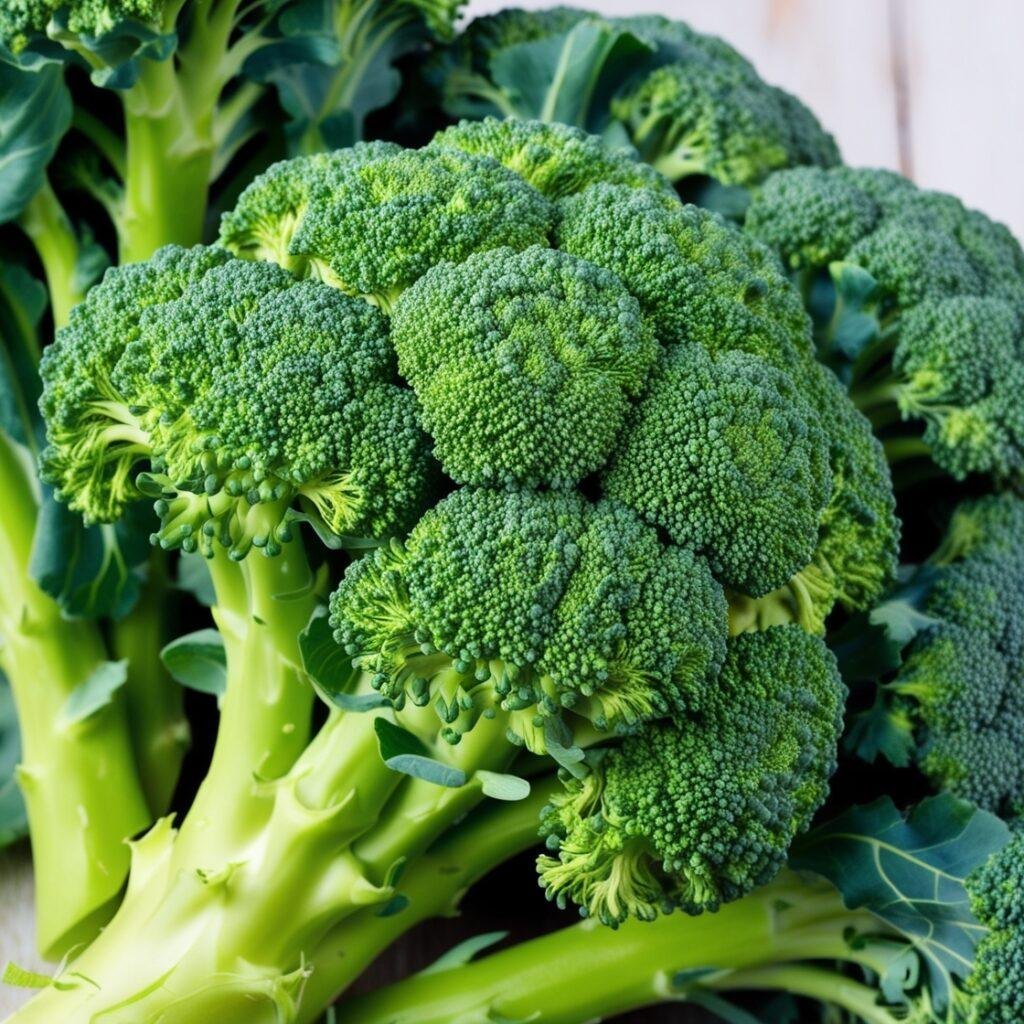
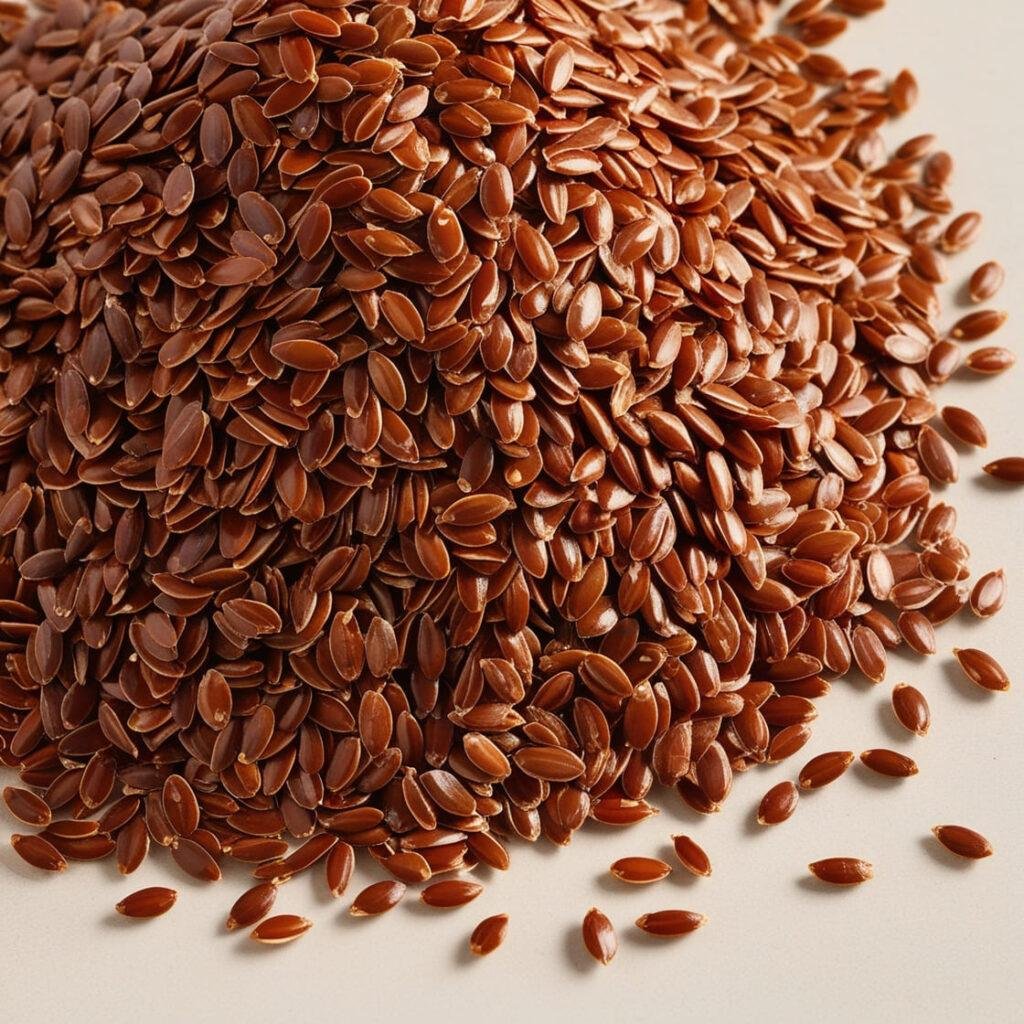
16. Flaxseeds
Flaxseeds offer around 2.8 grams of fiber per tablespoon, alongside omega-3 unsaturated fats and lignans, which support heart and hormonal wellbeing.
17. Popcorn
Shockingly, popcorn is high in fiber, presenting around 4 grams for every 3-cup serving. At the point when air-popped, it very well may be a sound, high-fiber nibble.
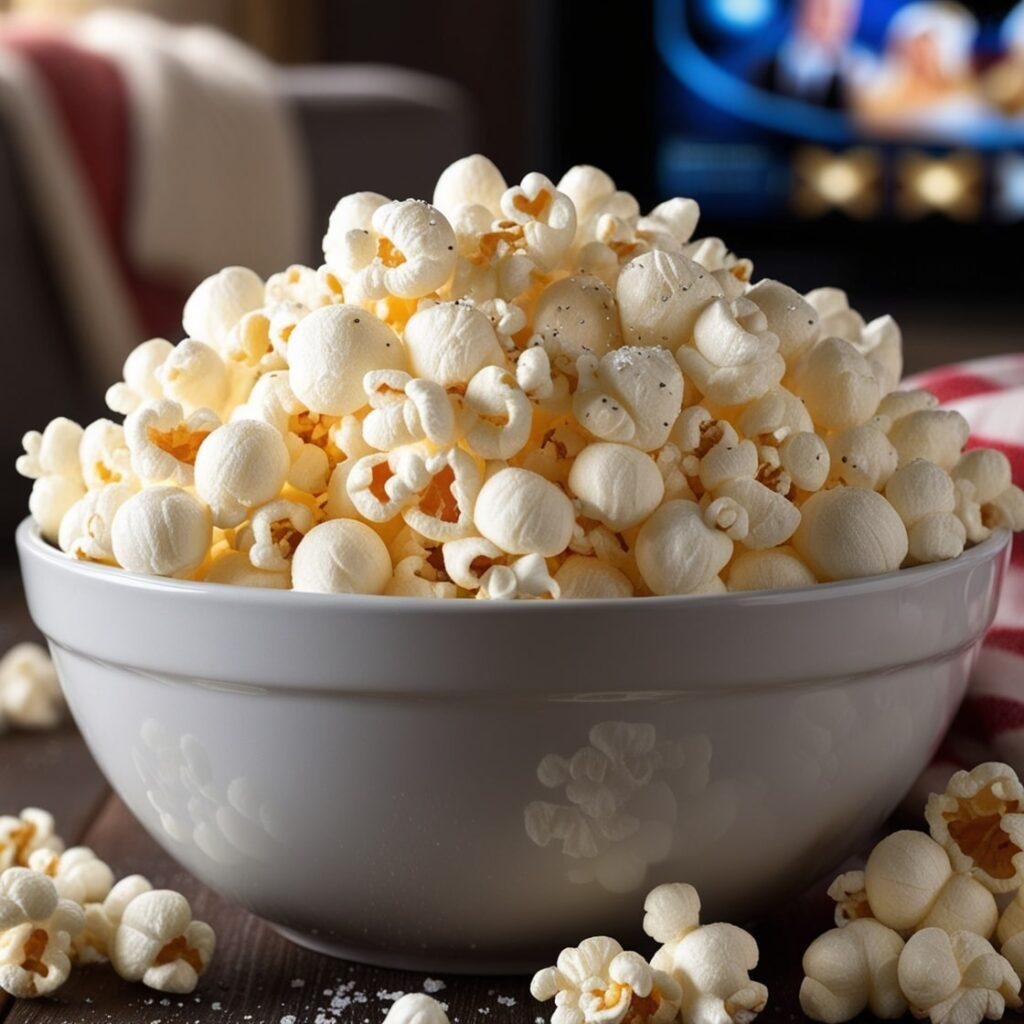

18. Almonds
Almonds contain around 3 grams of fiber per ounce and are likewise plentiful in solid fats, vitamin E, and magnesium.
19. Green Peas
Green peas give 8.8 grams of fiber per cup, alongside an abundance of protein and nutrients A, C, and K.

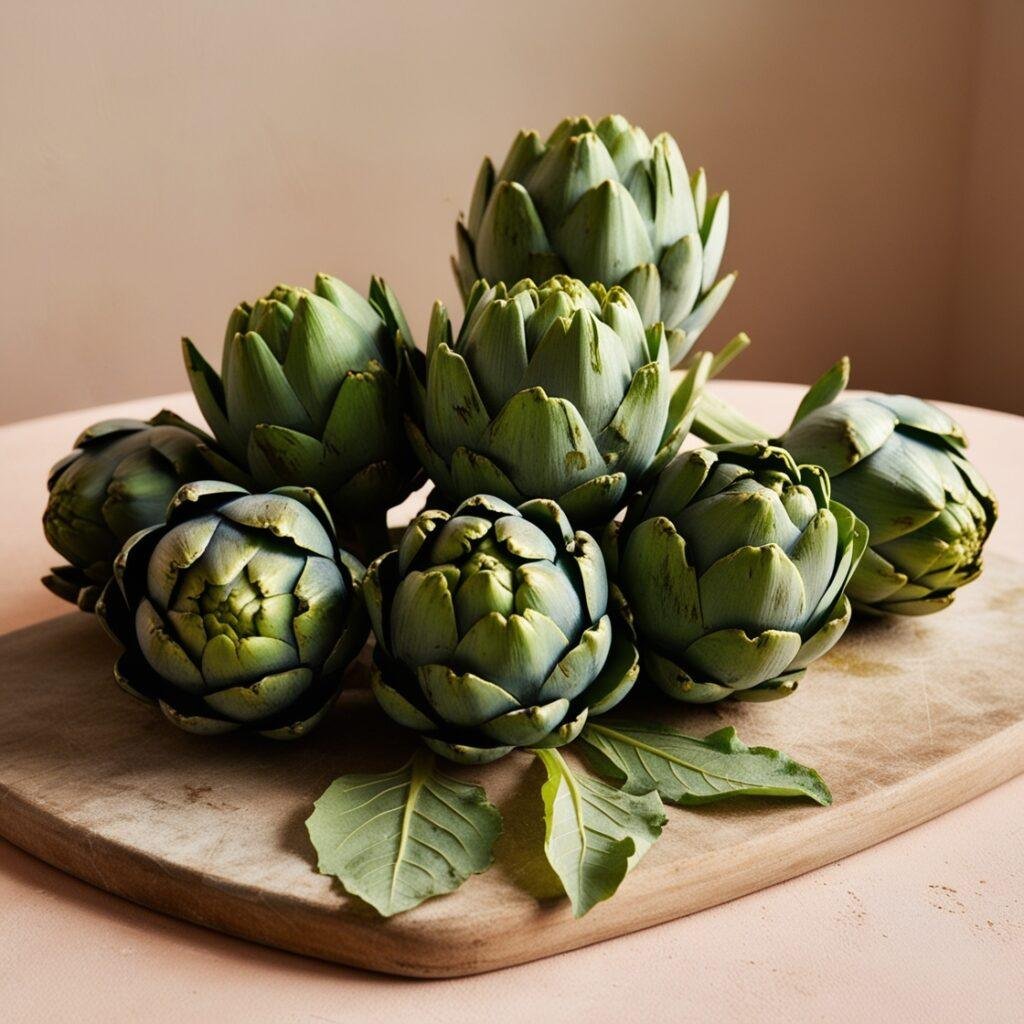
20. Artichokes
Artichokes offer around 9.6 grams of fiber per cup artichoke, making them one of the greatest fiber vegetables that anyone could hope to find.
Recent Study: The Effectiveness of Fiber-Rich Foods
A recent study published in The American Journal of Clinical Nutrition investigated the impact of a fiber-rich diet on gut health and overall wellness. Researchers found that participants who consumed at least 25 grams of fiber daily experienced improvements in digestion, weight management, and blood sugar stability. Furthermore, the study noted that high fiber intake was associated with a lower risk of heart disease and certain cancers, underscoring the role of fiber-rich foods in disease prevention. This research reinforces the importance of incorporating fiber diet foods into our daily routine, particularly natural ingredients like vegetables, grains, and fruits.
Health Benefits of Fiber Diet Foods
- Supports Digestive Health
Fiber assists food with traveling through the digestive system, reducing constipation and promoting regular bowel movements. Insoluble fiber, found in whole grains and vegetables, acts as a bulking agent, helping to prevent blockages and keeping you feeling good. - Manages Blood Sugar Levels
Soluble fiber, tracked down in oats, apples, and beans, slows sugar absorption, stabilizing blood sugar levels. This is especially beneficial for those managing diabetes or pre-diabetes. - Promotes Heart Health
A fiber diet foods can lower cholesterol levels, reducing the risk of coronary heart disease. Food sources like oats and flaxseeds contain soluble fiber that binds with cholesterol in the digestive system, removing it from the body. - Aids in Weight Management
High-fiber foods promote feelings of fullness, which can reduce overall calorie intake. Fiber diet foods like vegetables, whole grains, and legumes are naturally filling, helping you manage your weight effectively.
How to Incorporate More Fiber into Your Diet
- Start with Breakfast: Add chia seeds or flaxseeds to yogurt or oats for a fiber boost.
- Snack on Fruits: Keep fruits like apples, pears, or berries handy for easy, fiber-rich snacks.
- Switch to Whole Grains: Choose whole grains like brown rice, quinoa, and barley instead of refined grains.
- Add Beans to Your Meals: Incorporate chickpeas or lentils into salads, soups, or main dishes for added fiber and protein.
Conclusion
Eating sufficient fiber is crucial for maintaining good health. From supporting digestion to stabilizing blood sugar and promoting heart health, fiber should be a key component of your diet. The 20 fiber diet foods we’ve covered—from fruits like raspberries and apples to grains like quinoa and barley—are easy to incorporate into your meals. By adding these fiber-packed foods to your diet today, you’ll not only feel better but also lower your risk of chronic illnesses and improve your overall well-being.
Start integrating these fiber-rich foods into your meals today, and you’ll be amazed at the difference they make in how you feel. Your digestive system will thank you, and your energy levels will soar as you nourish your body with these essential fiber diet foods.
FAQs
- How much fiber should I consume daily?
The recommended daily intake is around 25 grams for women and 38 grams for men. - Are fiber supplements as effective as natural fiber?
Natural fiber is generally more beneficial due to the additional nutrients present in whole foods. - Can I eat too much fiber?
Yes, excessive fiber can cause digestive discomfort. Gradually increase your intake and drink plenty of water. - Which fruits have the highest fiber content?
Raspberries, pears, and apples are among the highest-fiber fruits. - Can fiber help with weight loss?
Yes, fiber can increase feelings of fullness, helping to reduce overall calorie intake.
